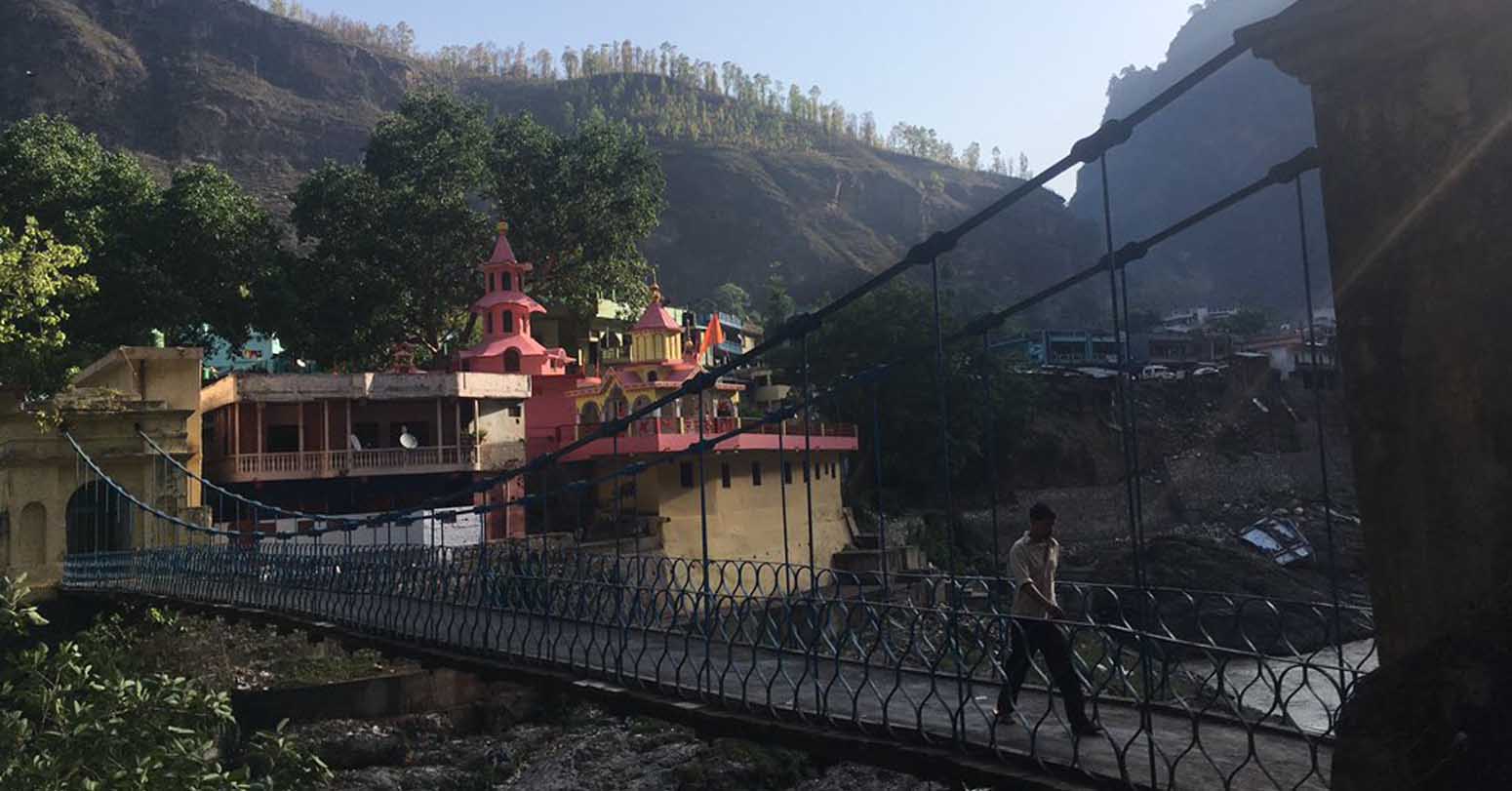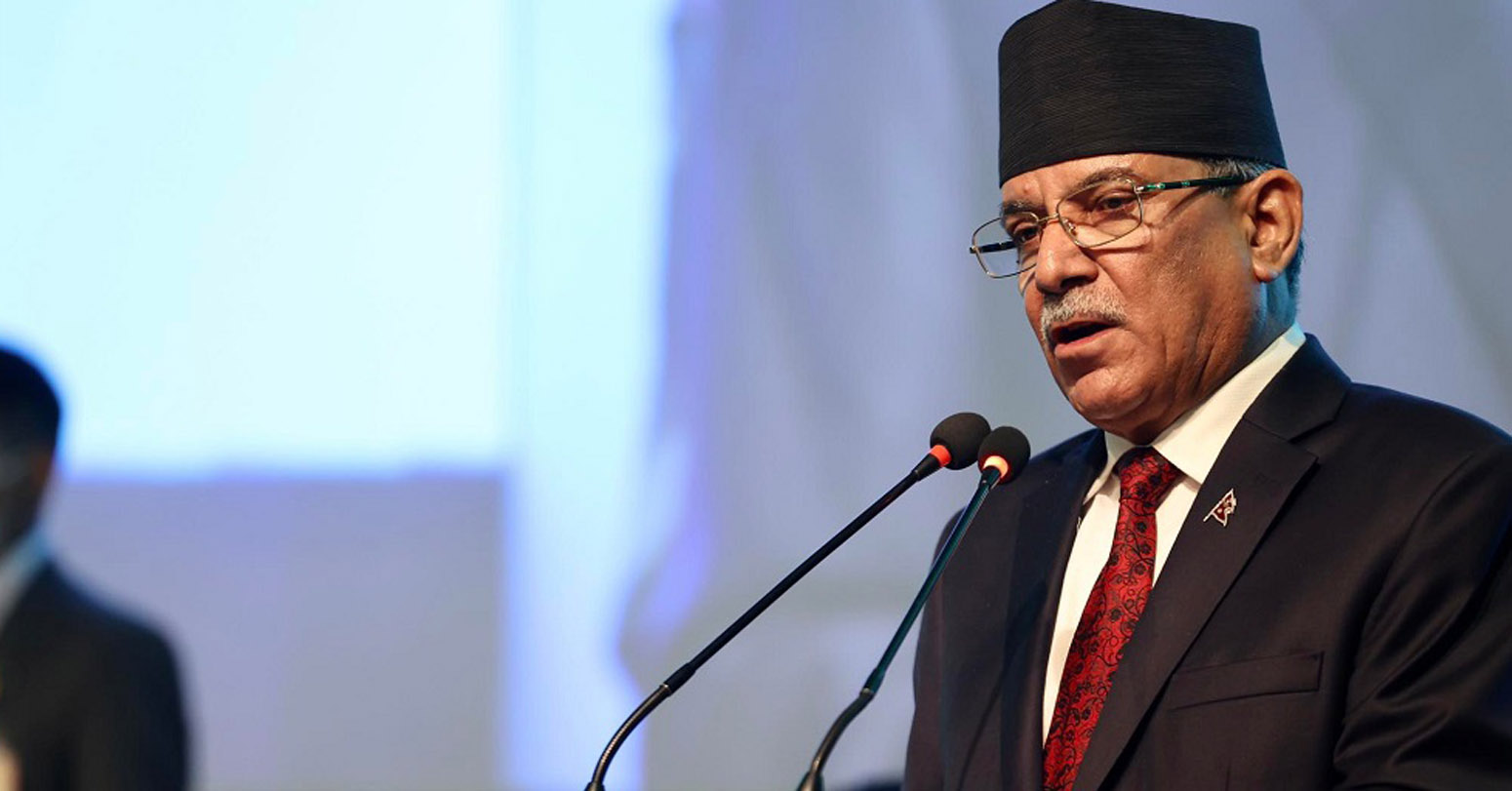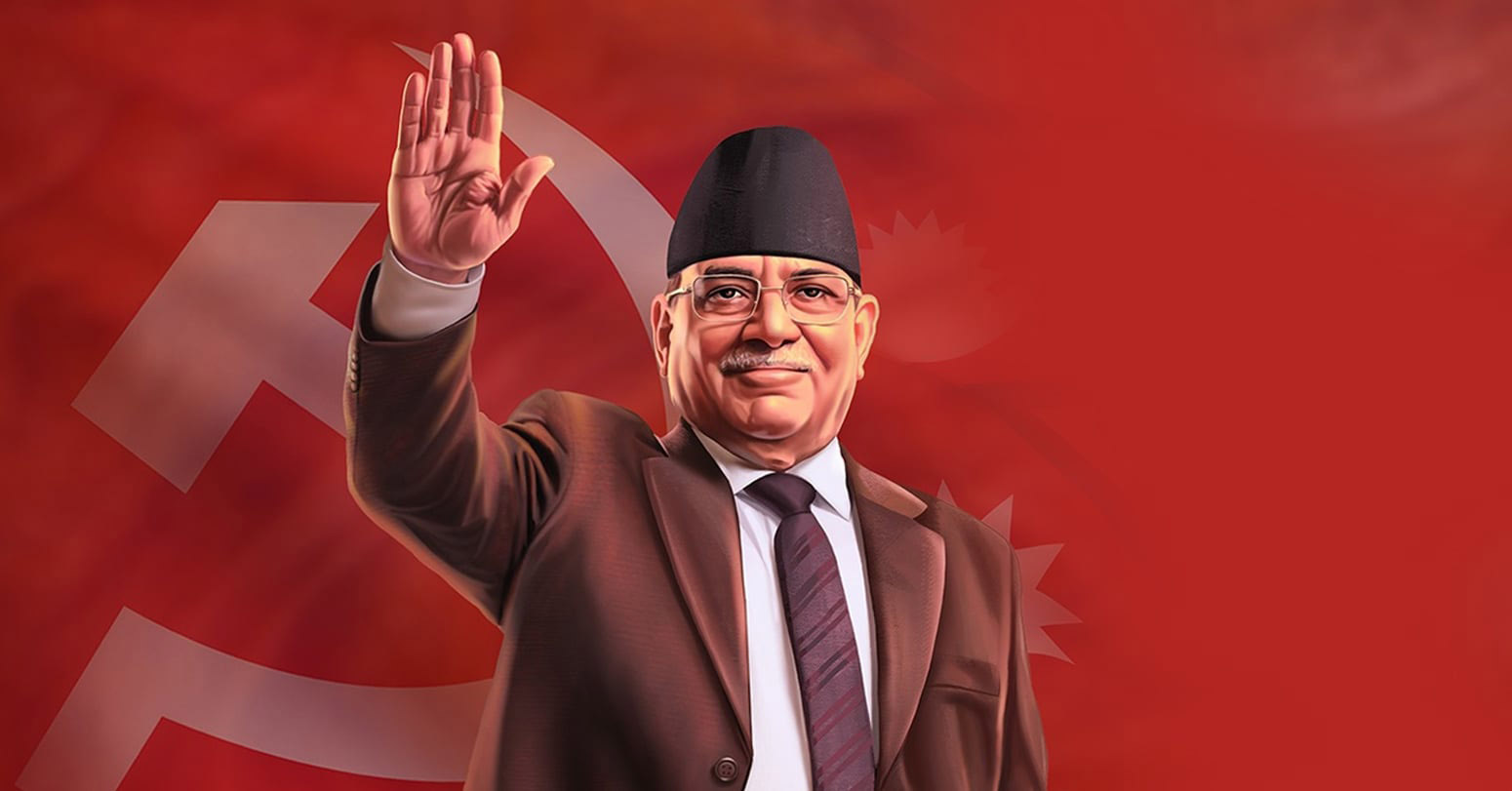Prime Minister Pushpa Kamal Dahal 'Prachanda' has said the government of Nepal recognizes the energy sector as the one that can lead the country to developing a strong base for prosperity.
He also stressed that green energy will be both a means and also a product that will enable Nepal to make the transition to a strong economy.
Addressing the Power Summit 2023 that kicked off here from today, he said the government of Nepal takes great pride in announcing to the world that Nepal today generates more power than it consumes though seasonally.
The Power Summit 2023 is organized jointly by the Independent Power Producers Association of Nepal and the Government of Nepal. The theme of the Power Summit is, 'Broadening Green Energy Markets.'
"Due to accelerated pace of development of hydropower projects both from IPPs and state utilities, we anticipate to be a net exporter of electricity by 2025 without any need to import even in the dry season," the PM said adding that the Power Summit in Kathmandu is to share and learn from experiences from Nepal and abroad on the best strategy to “Broaden the markets for our green energy.”
Saying many Nepalese still do not have access to green energy, he pointed out that Nepal must continue to expand the grid as well as adopt off grid technologies to make electricity available to all people of the country.
"We also know that many industrial demands are ready to be created if we can expand transmission and distribution lines and ensure a stable power supply," PM Dahal said, adding, "We all should understand that the use of generated electricity in our own domestic market is our key priority as we aspire to be economically prosperous."
Until we build enough infrastructures to utilize the generated electricity internally, the PM viewed, we need to export it to protect the huge investments already incurred in the generation side.
He furthermore said that it is of equal importance, for economic reason, to engage ourselves in the cross border power trade in view of utilizing cheap and diverse resources existing in the region and sub-region.
Stating that while export of surplus energy from Nepal needs to be on the table, he highlighted four sectors that can consume electricity heavily and increase the per capita consumption. In his view, this will also mitigate Nepal's dependency on imported fossil fuels and huge trade deficit.
Among the four sectors highlighted by the PM are: agriculture, industries that still rely on diesel and coal as well as biomass that pollute our environment, cooking and transportation.
He said while over 65 percent of Nepalese are engaged in agriculture, it contributes less than a quarter of our GDP and has a huge potential for growth. This growth potential should be powered with green energy.
Reiterating that the Government of Nepal will work to ensure that industries across Nepal have access to green energy priced at competitive rates, the Prime Minister said, "If we can get all Nepalis to cook with green energy, it will contribute to protecting our forests, and also greatly reduce our dependence on imported LPG."
He added that the import of vehicles may continue but we can make a transition to electric modes of transport so that our import of fossil fuels declines and this contributes to mitigate the adverse impacts of climate change.
He believed that these issues will be discussed during the power summit.
On the occasion, the Prime Minister invited IPPAN to join hands with the Government and work together to come up with a clear demand development policy that can help broaden the market for Nepal’s green energy.
"Following the historical political changes that have taken place in Nepal, the aspirations to see large scale economic development has also risen among the people of Nepal," he said, adding "Nepal has been at the forefront in its efforts to conserve our rich biodiversity heritage and is a signatory to all treaties related to the global response to climate change."
Stating that Nepal has a very clear opportunity to attain the goal of becoming net zero by 2045, PM Dahal said, "Given that we are endowed with enormous hydro and solar power potential, we can not only fulfill our international commitment of transition to clean energy but also can support our neighbouring countries to meet their emission reduction targets by exporting our electricity."
Minister for Energy, Water Resources and Irrigation Shakti Bahadur Basnet said the government and the private sector were focused on the qualitative development and transformation of the energy sector through collaboration.
He mentioned that the government is moving ahead with a long-term vision on exploring the international market for power and increased domestic consumption.
The Power Summit 2023 will run till Wednesday. Taking part in the event are over 300 representatives of more than 30 countries including India, Bangladesh, Bhutan and Sri Lanka.
High officials of the Ministry of Energy, Water Resources and Irrigation, companies related to power trade, banks and financial institutions, power extension and distribution companies and consultants. This summit brings an opportunity to meet and get exposure to 800+ participants from all over the world viz. governments, energy producers, traders, investors, policymakers, regulators, academics, and business people- all concerning the energy sectors.
Discussions will be held in 15 different sessions on Nepal's power trade, transmission infrastructure, hydropower demand, technology, innovation, inter-country power trade and related topics.
The Ministry is the patron of the Power Summit while the Investment Board Nepal is its co-organizer.













Middle-aged man spends millions to
Dr. Dharam Raj Upadhyay: Man
Children, Greatest Victims Of Sudan’s
Breathing The Unbreathable Air
Comprehensive Data Protection Law Critically
Gender Differences In Mental Healthcare